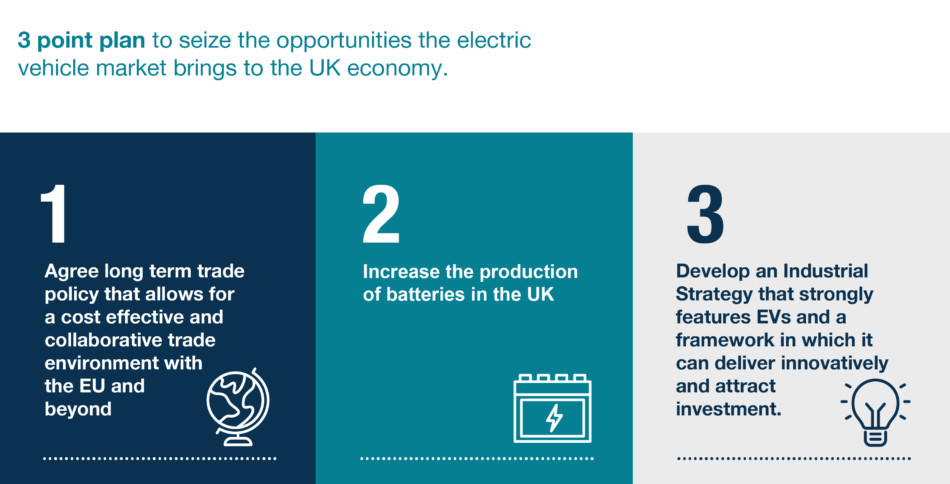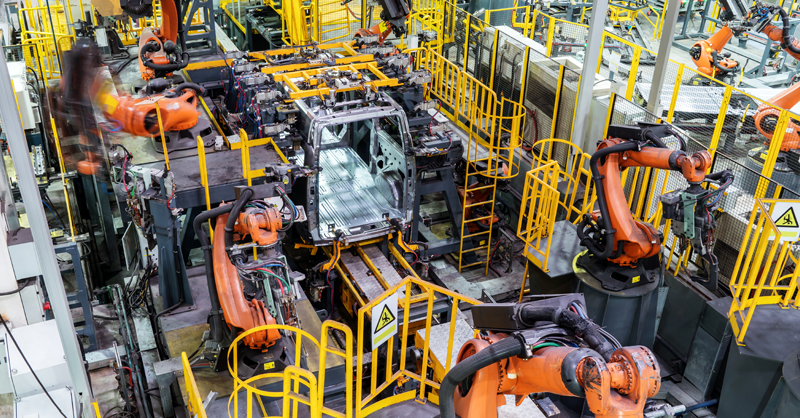Overview
The automotive sector holds a distinctive and pivotal position within the UK economy. Beyond its substantial contributions to national outputs, employment, and value addition, the sector embodies a catalyst for future growth, aligning with the levelling up agenda and propelling the Net Zero transition.
In 2022, automotive-related manufacturing injected £78 billion turnover and contributed £16 billion in value added to the UK economy. The sector’s impact extends to the employment of over 208,000 individuals directly in automotive manufacturing and a total of 800,000 across the broader sector. Noteworthy within this context is the diversity epitomized by more than 25 manufacturing brands, collectively producing over 70 distinct vehicle models, complemented by the presence of specialized small-volume manufacturers.
This intricate ecosystem is further supported by approximately 2,500 supply chain businesses, housing some of the world’s most skilled engineers.
This paper offers a comprehensive analysis of the UK’s electric vehicle (EV) industry within the framework of economic policy and global value chains. It delves into the intricate dynamics involving supply chains, industrial policy, and critical dependencies.
The UK’s automotive sector confronts multifaceted challenges stemming from technological advancements, socioeconomic transformations, and geopolitical intricacies, necessitating the formulation of agile and responsive economic policies. The UK’s departure from the EU, as stipulated in the Trade and Cooperation Agreement, amplifies the complexities, particularly in navigating non-tariff measures and rules of origin that exert influence on EV exports. Within a landscape marked by heightened global competition characterized by escalating industrial policies on a global scale, the urgency of nimble responses becomes evident.
This research was conducted by Professor Jun Du Professor, Reader Luciano Battista and Dr. Oleksandr Shepotylo (Aston Business School). This work was supported by the UKRI Made Smarter Innovation Challenge and the Economic and Social Research Council via InterAct [Grant Reference ES/W007231/1].
For further discussions or potential applications/collaborations, please contact Jun Du.



